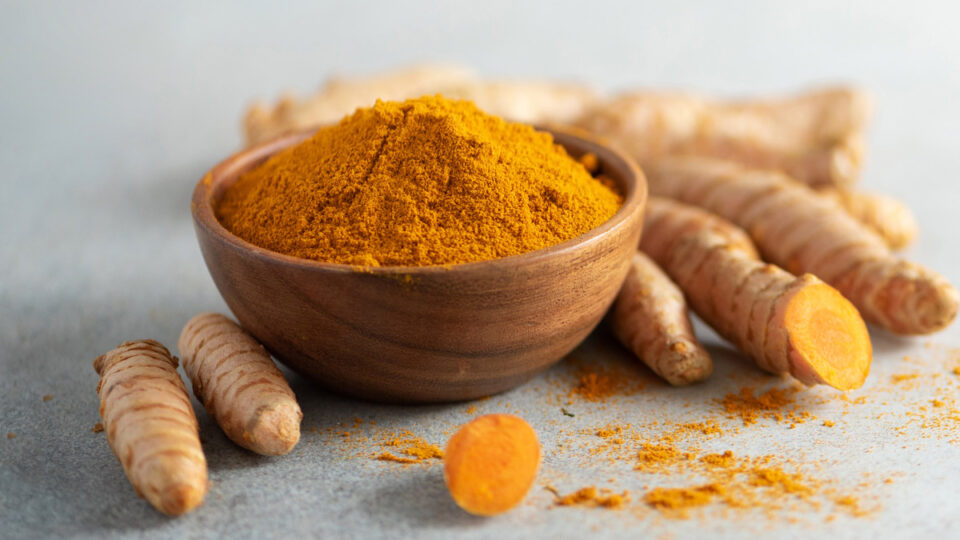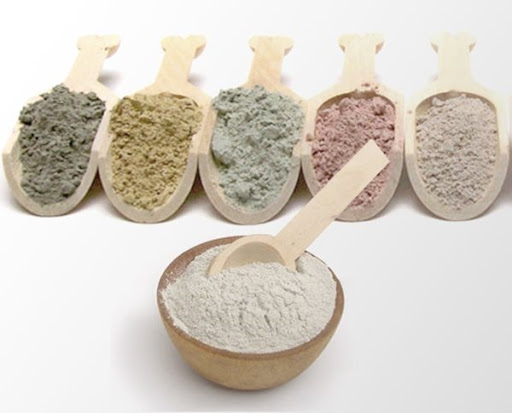
We often hear about arthritis, osteoarthritis, tendinitis… many different names that all define pathologies with a common basis: an inflammation affecting the musculoskeletal system. Each of us suffered, at least once, this kind of pain, such as muscle aches, joint pains, radiating and diffuse pain. We know that there are many types of medicines, especially with an anti-inflammatory effect, used to treat these pathologies or reduce their symptoms.
Some of us, however, do not know that a help can also come from nature.
In fact, many plants are able to produce substances with anti-inflammatory properties, which can turn out to be a valid support for drug therapy, favoring a reduction in painful symptoms.
Let us see some examples:
Turmeric

In addition to being highly appreciated in the kitchen, this spice possesses pain-relieving virtues that can be adduced by curcumin, its main component. Therefore, using it for cooking, in the dose of a couple of teaspoons a day, can be a valuable help in case of pain. Alternatively, you can take it as a dietary supplement (3-4 tablets per day).
Arnica

Arnica is an excellent remedy for those who suffer from osteoarthritis. In fact, several studies have shown that it has an anti-inflammatory activity similar to that of ibuprofen. It is usually used in gel or ointment, to massage when needed on the sore part until fully absorbed.
Devil’s claw

The devil’s claw, despite its ominous name, has an effective pain-killer action and it is useful for mitigating pains due to arthritis, osteoarthritis and tendinitis. You can use it in ointment or pomade, which you can apply on the sore area as needed. It can also be taken by mouth as dry extract (300-600 mg per day) or mother tincture (30 drops 3 times a day). The devil’s claw also has an effective anti-phlogistic action, which is therefore useful to reduce a possible phlogosis at the joint level.
Clay

White clay and red clay have an anti-inflammatory action to counteract tendinitis pain. You can use it by mixing it with warm water, until you get a batter with a soft consistency, to be spread on the joint. Then wrap the treated area with a layer of film and let it act for at least one hour.
Omega 3

Among the many functions attributable to omega 3 there is also that of protection from rheumatoid arthritis. These fats limit the synthesis of antibodies that precede the development of rheumatic disease, helping to slow its onset and progress. They are available as supplement and can be easily taken daily during meals.



